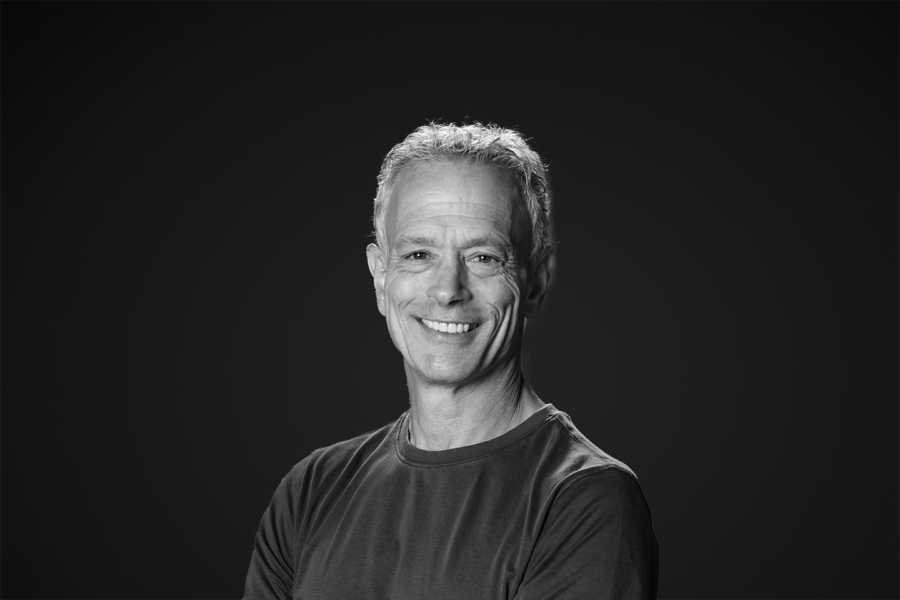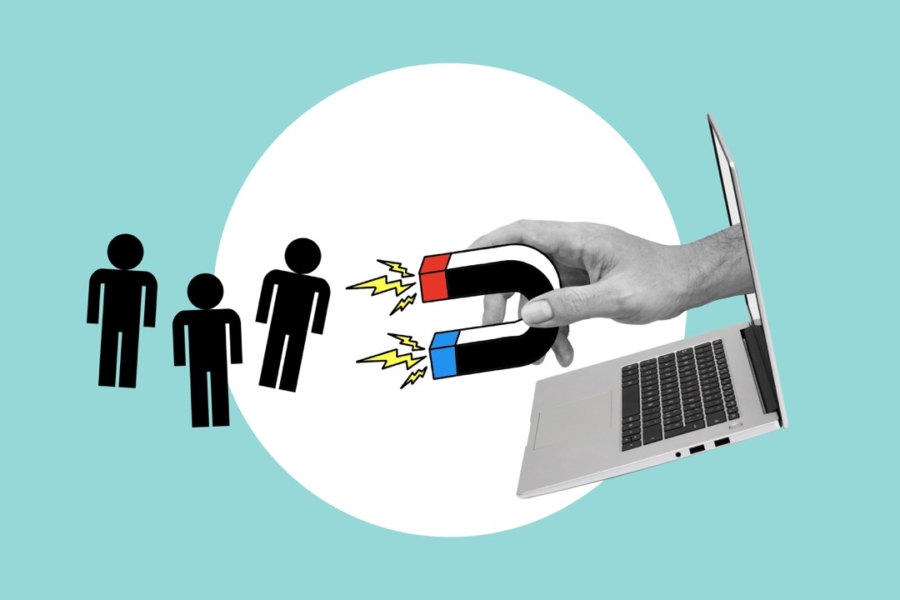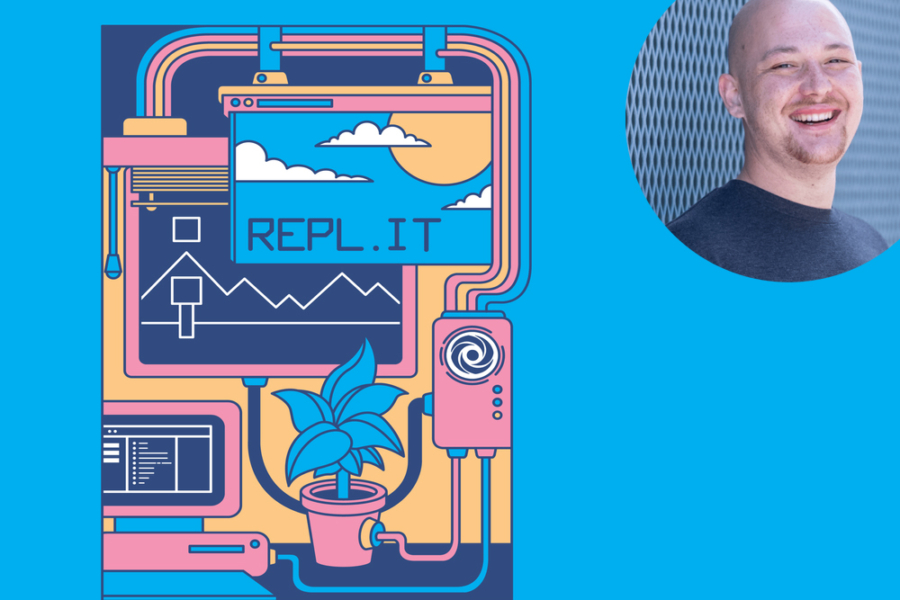what are some of the traits or habits youve seen in the most successful founders of your portfolio companies
The text above arrived at 3:24AM, with no punctuation — both normal coming from my son. What follows is an expanded version of the text message I returned to him.
After investing in more than 100 founders through Reach and angel investing, I’ve experienced firsthand that founders really are outliers. Often, founders don’t fit well within the mainstream of school or corporate America. They are driven to build because of their disdain, bordering on contempt, for the status quo. Oracle Founder Larry Ellison said:
“I think I was driven to do this because I knew I could never really survive inside a conventional corporation. I was not suited to being able to work my way up the corporate ladder.”
This irreverence is one of the many traits that differentiate founders from CEOs. As then-journalist Michael Moritz wrote in “The Little Kingdom” (before he joined Sequoia Capital): “CEOs are, for the most part, products of educational and institutional breeding. Founders, at least the very best of them, are unstoppable, irrepressible forces of nature.” CEOs are usually successful products of the status quo, whereas founders have rejected it and are actively working to change it.
Founder profiles follow an Anna Karenina principle of sorts: successful founders share common characteristics while unsuccessful ones fail for a thousand different reasons, most beyond their control. Below are four qualities, in no particular order, that I’ve found to be common across the successful founders I’ve worked with.
1. Ability to Sell
“The most powerful person in the world is the storyteller.”
— Steve Jobs
Beginning with talent, founders must convince people to join them on a grueling journey with a single-digit success rate. This is the first test of their ability to sell their vision. It’s so hard that often the only people they can convince to join are family members and childhood friends whose loyalty overrides reason.
Very few founders have formal sales training yet they can’t help but sell. They often sell differently than a head of sales might pitch a product, rooted in a deeply held belief that the world will be better off with their product in it. And because it comes from such a personal place, their sales pitch — to investors, prospective team members or customers — comes to life with authenticity that can’t be ignored. More than charisma, humans crave authenticity; it’s more compelling than the most polished sales pitch.
While some founders are incredibly charismatic, most are not. Some learn to be, like Steve Jobs, who knew that the most powerful person in the world is the storyteller. He baked this into Apple’s DNA and even today, nobody tells a story like Apple.
One can be fooled by charisma without authenticity. Kleiner Perkins Chairman John Doerr described this as mercenaries versus missionaries. Especially early in my career, I found it difficult to distinguish between the two. Over the years I’ve found that for missionaries, the problem they are trying to solve is often personal, but it takes getting to know the founder to uncover the connection. Sometimes the motivation comes from a painful experience; for example, feeling like an outsider as a child due to an accent or a learning disability.
2. Persistence
“Whenever I meet a successful founder, I asked them how they did it. Mediocre founders point to their brilliant strategic moves or their intuitive business sense or a variety of other self-congratulatory explanations. The great founders tend to be remarkably consistent in their answers. They all say, ‘I didn’t quit.’”
— Ben Horowitz
Persistence is one of the defining hallmarks of successful founders yet it is often underappreciated because it speaks to a type of endurance rather than brilliance—a more intriguing quality.
It is not, however, a dogmatic adherence to a vision irregardless of market signals. Persistence is holding on to that vision while listening closely to customers. For example, a product roadmap is a “best guess” until it intersects with customer feedback.
Persistence is especially remarkable in the context of the entrepreneurial journey because it’s defined by overcoming setbacks, obstacles and hardship. When NVIDIA founder Jensen Huang told Stanford students last month that he wished upon them “ample doses of pain and suffering,” he was referring to the character forged through entrepreneurial persistence. As he elaborated: “Greatness is not intelligence as you know. Greatness comes from character. Character isn’t formed out of smart people; it’s formed out of people who suffered.”
To go from zero to one, founders face a seemingly endless wall of nay-sayers and rejection. And this rejection is more personal than a mid-level manager receiving their annual feedback performance review because entrepreneurship is more closely linked to identity. For many founders a startup is their baby. It’s why the “try not to take it personally” advice lands so poorly.
For venture-backed founders, raising money is often one of the first tests of persistence. Jeff Bezos had to take 60 meetings to raise his first million, and it was from 20 people who wrote $50K checks. From my experience, that’s typical for first-time founders despite far more venture funds that exist now.
3. Clear Ethics
“Your actions speak so loudly, I cannot hear what you are saying.”
— Ralph Waldo Emerson
The best founders who build durable businesses have clear moral principles they don’t violate. Remarkably, they do this in an environment where they must convince funders to invest even when there is no product or customer. These near impossible tasks are fertile ground for ethical violations. But the ethical founder understands that certain boundaries cannot be crossed and they are clear-headed about those lines.
For example, seemingly innocuous decisions like counting a sale that officially closed on May 2nd in April’s numbers to make up for a slow month sends the wrong message to the team — that it’s okay to modify financial reporting for investors. Because a startup’s culture is the psychographic profile of the founder, ethical clarity is of paramount importance. Long before Sam Bankman-Fried and Elizabeth Holmes committed the level of fraud that landed them both in prison, they had built cultures of moral ambiguity through thousands of tiny decisions.
Especially at the earliest stages, actions matter. One of my favorite quotes is from Ralph Waldo Emerson: “Your actions speak so loudly, I cannot hear what you are saying.” Even though one of Theranos’ purported values was transparency, we now know that a culture of fear and secrecy permeated the company. Employees look to founders’ actions for what is acceptable and whose needs are prioritized (i.e. customers, investors, media, etc).
Founders need to live along that razor thin line of optimism, vision and the future while staying tightly knitted to the truth. As an investor, I look for evidence of a founder’s character and ethical clarity beginning with the first touchpoint. Seemingly subtle signs like saying that a partnership or customer is under contract when it is in fact still in negotiation is an example of crossing that line.
4. Customer Obsessed
“Long-term orientation interacts well with customer obsession.”
— Bill Carr and Colin Bryar
One of the core principles of the popular startup methodology courses Lean Launchpad and Hacking for Defense, taught by Steve Blank and Steve Weinstein at Stanford University, is “get out of the building and test your hypotheses.”
Essentially, the Steves are encouraging founders to get out of the lab, cubicle, office or classroom and get to know your customers in their native environment. Student-teams are required to complete over 100 real interviews in ten weeks. Some have taken it to the next level by shadowing surgeries, laying roof tiles alongside a roofer, picking mushrooms at a farm, sitting in on therapy sessions, or even going through part of Navy SEAL Basic Underwater Demolition training.

Students from Steve Blank and Steve Weinstein’s class at Navy SEAL Basic Underwater Demolition training
Over the past years, I’ve worried that the combination of technology and the easy money flowing from ZIRP has enabled an automation of customer discovery that deters founders from doing the type of ethnographic research that the Steves preach. Why talk to your customers when you can push out paid ads on Facebook, tweak your ad dashboard and track your data graphs? Like so many technologies, it puts distance between the founder and their customers.
Great founders are obsessed with their customers. Lovevery Founder Jessica Rolph personally called every customer who canceled a subscription. WorkWhile Founder Jarah Euston worked alongside her customers staffing a concert. Intuit Founder Scott Cook would go to the homes of users to watch them reconcile their finances. Stellic Co-Founders Sabih bin Wasi and Ruhksar Neyaz rented a minivan to drive around the country and meet with college registrars while they built their degree management software. Desmos Founder Eli Luberoff hired teachers who used and loved the graphing calculator.
Founders who obsess over their customers are building for the long-term. In “Working Backwards,” a book about the Amazon culture, former executives Bill Carr and Colin Bryar wrote: “Long-term orientation interacts well with customer obsession. If we can identify a customer need and if we can further develop conviction that that need is meaningful and durable, our approach permits us to work patiently for multiple years to deliver a solution.”
As an investor, I’m always looking for signals of customer obsession. When was the last time you spoke to a customer? Describe your customers. Walk me through their experience on your platform. Why do they churn?
A customer-obsessed founder can answer all of these in great detail and color. And they often express just how unhappy they are with the current customer experience. One of my favorite examples is Airbnb CEO Brian Chesky describing what an 11-star experience might look like.
There are many more qualities that exceptional founders possess but for me, these four are the beginnings of any investment.
Thank you to Tony Wan and Amir Nathoo for your feedback on this piece. Also, thank you to David Senra, the most exuberant student of founders and entrepreneurs whose stories he shares in his Founders Podcast. Several quotes were drawn from his Founders Notes.






